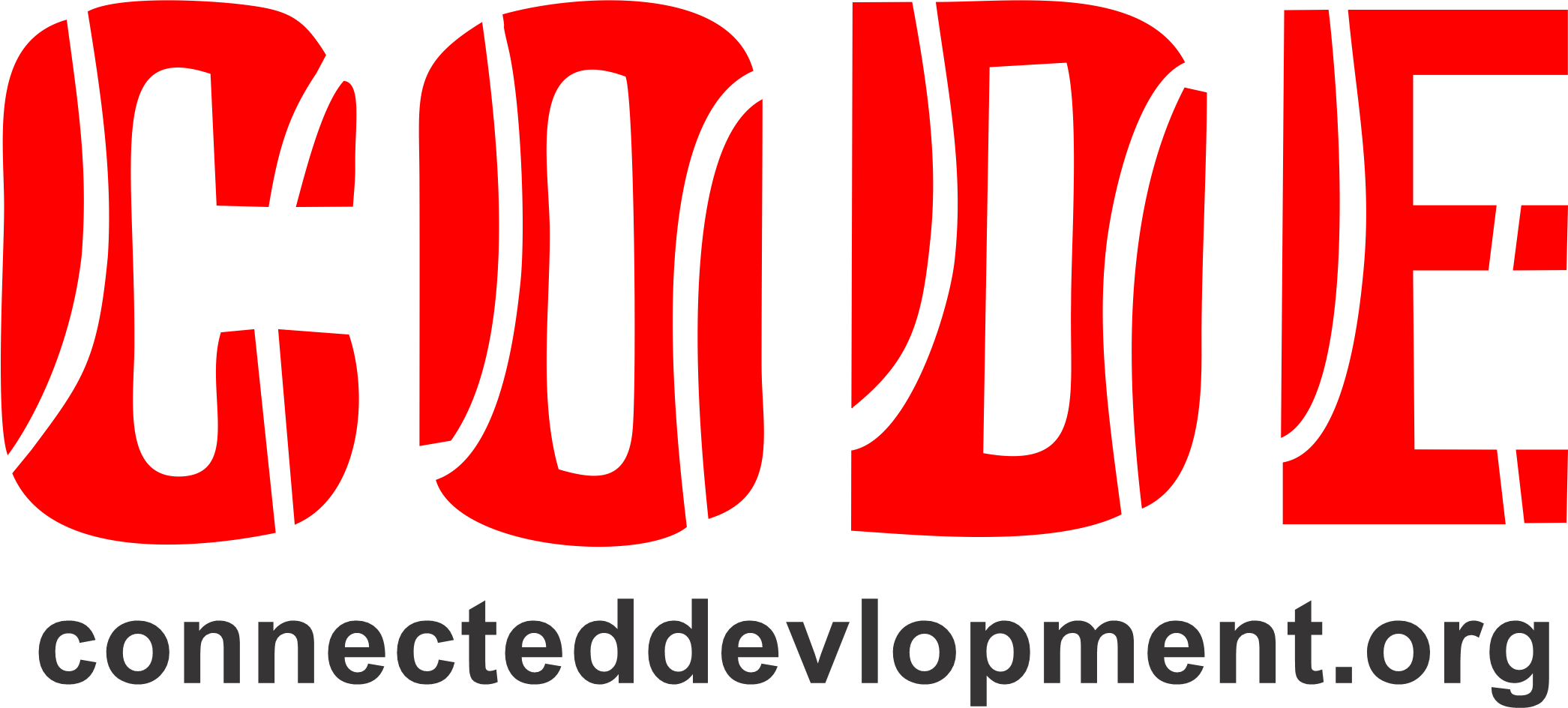Where Data Wranglers Meet: The School of Data Summer Camp
What makes Potsdam thick? The breathtaking castles; what about Ottawa? It’s War Museum and the Rideau Canal; and what about Ibiuna? Does it even sound familiar? So this year the School of Data annual summer camp moves to Ibiuna in Sao Paulo, Brazil. With a population of 76,432, the School of Data will be adding 36 amazing participants from 24 countries in 5 continents to this small municipality. For me, it was a pleasure to be attending the 3rd summer camp in a row. Yippie! and what about this summer camp, hosted by the amazing guys at Escola de dados – lets ride!
The opening sessions on day one was grand with Dirk Slater introducing participants to what to expect in the next 5 days, followed by a breakout interaction where participants get to share why they are interested in this data work or data movement. One fascinating A-ha moment for me in my group was meeting Mariano, a tall, middle aged lawyer from Greece. “I don’t believe in working without been paid, we should find how to create business models that can pay for the good works we do. And just to let you know money motivates me” – He further said. Meeting the likes of Natalia, a Lawyer, teacher and now turned data journalist; Kabu, a new fellow from Zambia who is interested in health data because she feels the relevant datasets are not available in Zambia; Jennifer from South Africa, with a background in commercial ,now in interested in tech for social change, and working with Code for South Africa inspires her many times to continue doing the kind of work with do.
The “spectrogram” a facilitation type which breaks participants into groups to figure out controversial statements relevant to the data movements’ and afterward participants will have to move to a side that agrees, disagrees or in between followed, and this got participants thinking with statement ranging from if public interest should override personal privacy; collecting data about ethnicity; open society is better than equal society; data journalism takes too long to be effective; and if we can make open data without computer. These are all great thoughts as we enhance data literacy, but what are your thoughts around these questions? Feel free to add your comments at the end of this post.
Of course the summer camp can’t be more energized without the 15 minutes breaks – so much a time for you to quickly ping your loved ones, have a CAMEL cigarette ;), roll down the cliff, feed on some biscuits, and also have some coffee. “Hey guys, it’s nice to see the sun rising” exclaimed Dirk. Yes, at this time of the year, the mornings were always cold, and no thanks to the heavy storm a night before day 1 which did not allow participants like me have early morning hot bath. However, I was thrilled when Marco said a call was put through to their power holding company at 3.30 am and they came to the neighborhood 1 hr 30 minutes later to fix the electric poles that were affected by the lighting during the rain. Fantastic, right! Especially if you come from my part of the world. Oh I might be wrong, so if you know of any government servicing company in Nigeria that responds to emergencies like this swiftly, please give some thumbs up to them in the comments box below, we’ll be glad you did!
But can you crowdsource the Agenda for an event? That was exactly what we did after the break on day 1, with sticky notes flying around the wall on what participants would love to learn or achieve before they leave the event. Why not? There must be a reason for you travelling far down to Sao Paulo, and you must let the organizers know. The Agenda were grouped into skillshare, communications, membership, Opportunities for Collaboration, and talking about the later the next session was dedicated to knowing what School of Data is in a “standing fair mode”, another instance of speed dating where you get to know how members got started with School of Data, what the role of Open Knowledge International, and the steering committee is, and what members do. It was memorable listening to Sanders narrative on how Open Knowledge started School of Data, and its exit strategy; very captivating listening to Natalia as she patiently defined the 5 members of the steering committee while engagements with Bardhyl (Bar – deal if you need some beers ;)) of Metarmophosis in Macedonia, and Sylvia in OK France was simply amazing.
So afterwards, was the 2 hours break which was followed by the governance track and the fellowship track. So every summer camp has a list of fellows who are embedded in their countries with different organizations to work on projects with CSOs, and journalists to achieve specific goals. The fellowship track allows fellows (this time we have 10 of them) to meet their partners, work on their deliverable, and help them curate activities they will be carrying out for the entire six month.
Just like you may know, talking about governance could be a tasking and unending issue among non profits, especially when the movement is a network or coalition. I remembered in Potsdam, where the governance talk started, it went into the nights and the conversation was heated up. One good thing that has happened was that the network has moved on from where it was back in 2014 to fixing its governance right, especially with an effective framework, which was consolidated on, at this summer camp. Talks at the governance session included fundraising, membership, fellowship, member support, and of course relationship with Open Knowledge International. In all, one thing remains clear that the School of Data is a small and young organization which would want to grow in a less chaotic way.
It is noteworthy that the School of Data accepts members, however the requirements you will need to look at includes you or your organization being able to establish a relationship of trust with school of data coordinators; send a plan to the steering committee, and if approved, expect to sign an MOU with the school of data. With the present 12 members, perhaps the School of Data might move into another learning year, with conversations that will shape its future for the coming year.
One week, so many sticky notes, wobbly internet (no thanks to the heavy rain), great food (No thanks to the hardworking caterers),29 skill shares: The data literacy track which started on day 2 had different skills shared by participants for one hour;and maybe no need to swim in the Itupararanga lake, as the rains were always in to the rescue. As we look forward to the next summer camp, some good memories will linger, like the energetic turkish – Pina; Guatemalan Danny the Elvis; Dirk for his opening and closing circles, and all the sharpies and sticky notes that will forever live in our memories. DATASCHULE!!!
There is a Wiki at http://wiki.okfn.org/Summer_Camp_2016 where you can get more information about the 2016 summer camp.









